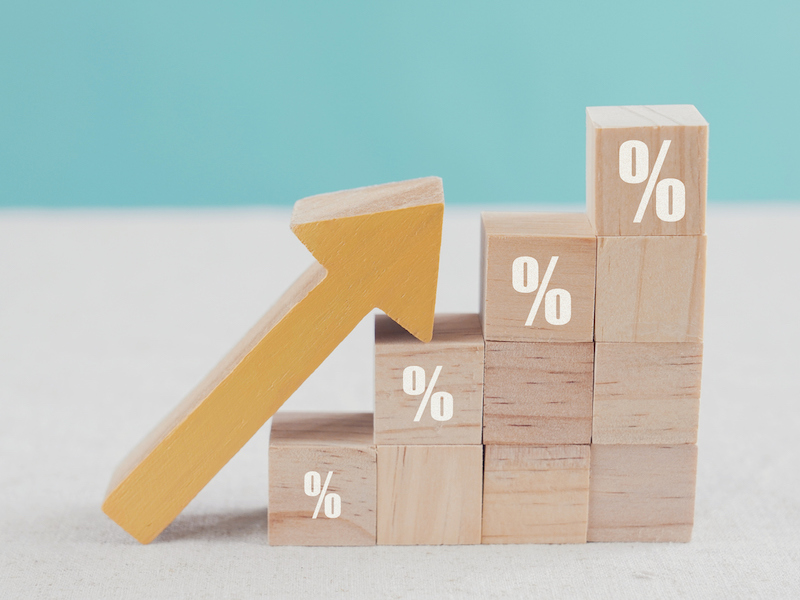
Experts predict the Bank of Canada will likely announce another major interest rate boost Wednesday as it tries to rein in runaway inflation.
After keeping its key interest rate near zero since March 2020, the central bank unveiled a pair of rate hikes in March and April — the second was by half a percentage point, the largest in 22 years.
This week the overnight rate is widely expected to jump by another half-percentage point to 1.5%, “with more increases likely in the months ahead,” said Nathan Janzen, assistant chief economist at the Royal Bank of Canada.
The moves mark an effort to battle inflation, which is running at its fastest pace since the early 1990s.
Experts also say robust economic growth and unemployment at multi-decade lows leave space for the slowdown targeted by the Bank of Canada’s governing council.
Stephen Tapp, chief economist at the Canadian Chamber of Commerce, said a new survey shows rising input costs are among the biggest obstacles facing businesses, prompting price hikes and an urgent need to keep interest rates pointing up.
“These cost pressures will continue to fuel inflation, which will add further pressure for the Bank of Canada to continue raising interest rates at a super-sized pace in their attempt to bring inflation under control,” he said in a release Monday.
Canada’s consumer price index rose 6.8% in April compared to a year earlier, Statistics Canada reported earlier this month. Groceries jumped 9.7% — the largest increase since September 1981 — while gasoline prices were up 36.3% year over year.
“Canadian inflation is running more than three times faster than target,” Desjardins’ head of macro strategy, Royce Mendes, wrote in a note to clients Monday.
“In fact, with the policy rate still low, something larger than a 50-basis-point increase could easily have been justified. However, officials have already communicated that, for reasons which aren’t exactly clear, a 75-basis-point hike is a bridge too far for them.”
The higher benchmark interest rate has already prompted Canada’s big banks to raise their prime rates, a change that will increase the cost of loans linked to the benchmark, including variable-rate mortgages.
Effective last month, Canada’s Big Six banks — RBC, TD Bank, CIBC, BMO, Scotiabank and National Bank — all said they would raise their prime rates by half a percentage point to 3.20% from 2.70%.